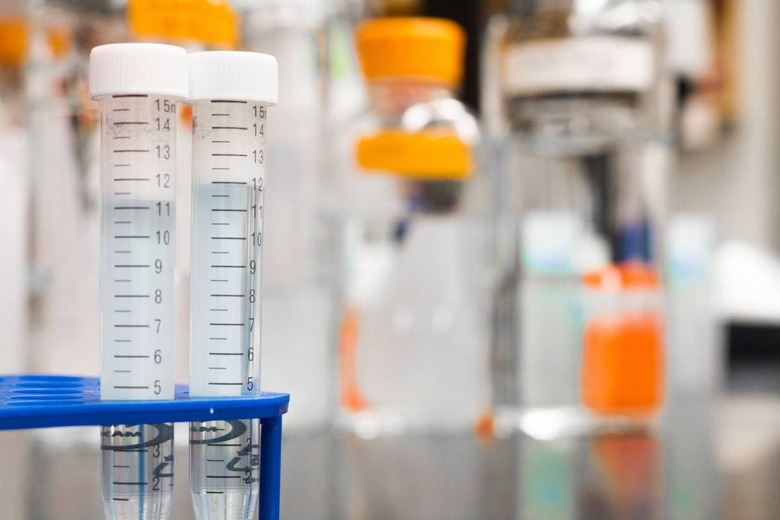First At-Home Coronavirus Test Sampling Kit Gets FDA Go-Ahead
The first at-home coronavirus test which doesn't require visiting a lab or drive-thru testing location has been given authorization by the FDA, paving the way to easier diagnosis of COVID-19. The new decision means patients will be able to self-collect the required sample for coronavirus diagnostics, though the test process itself will still be carried out at a lab.
The test itself is one which has actually already been granted an emergency use authorization (EUA) to fast-track availability during the ongoing pandemic. The Laboratory Corporation of America (LabCorp)'s COVID-19 RT-PCR Test relies on a nasal swab being taken from an individual, and then sent away for processing.
Now, the US Food and Drug Administration has re-issued the EUA to allow the same test to be used with a self-collected sample. LabCorp is making a new Pixel by LabCorp COVID-19 Test home collection kit, which will include nasal swabs and a saline package. Individuals will collect their own nasal sample using the included Q-tip-style cotton swabs, then parcel it up in an insulated package and send it to LabCorp.
"The FDA's around-the-clock work since this outbreak began has resulted in the authorization of more than 50 diagnostic tests and engagement with over 350 test developers," FDA Commissioner Stephen M. Hahn, M.D. said of the new EUA expansion. "Specifically, for tests that include home sample collection, we worked with LabCorp to ensure the data demonstrated from at-home patient sample collection is as safe and accurate as sample collection at a doctor's office, hospital or other testing site."
Access to testing for coronavirus has been an ongoing bottleneck, particularly in the US. A shortage of tests, compounded with the original CDC COVID-19 test proving to be flawed, left healthcare providers and others unclear on just how many cases of the highly-infectious disease there might be. Meanwhile, promises from the Trump administration of widespread drive-thru testing locations have failed to pan out in practice.
At-home sample collection aims to address that, along with limit exposure to potentially infected people by frontline healthcare providers. That could have a huge impact on demand for personal protective equipment (PPE) such as face masks, too. However the FDA was quick to point out that, while it may recognize the value in an at-home test sample collection, it also needed to get that process right.

For a start, many of the tests require swabs that are taken from deep in the throat or the nasal passages, which is uncomfortable and tricky to do for untrained individuals. In contrast, LabCorp says that its test sample should be taken from around the inner edge of the nose, and no deeper. Concerns about safely packaging and shipping those samples, including issues around temperature and possible contamination, were also raised.
This LabCorp kit will include its own cotton-tipped swabs, and though they may look like a regular Q-tip, the FDA is clear that they shouldn't be confused for that. "Due to concerns with sterility and cross-reactivity due to inherent genetic material in cotton swabs," the agency says, "other cotton swabs should not be used with this test at the present time. The FDA continues to work with test developers to determine whether or not Q-tip-style cotton swab can be used safely and effectively with other tests."
Arguably the holy grail remains an at-home diagnostic which could not only involve individuals taking their own sample, but the testing process itself being completed there. Right now that's not available, though a team of researchers recently announced a breakthrough in CRISPR-based testing which, they claimed, could make diagnosing COVID-19 as straightforward as carrying out a home pregnancy test.
LabCorp's new testing kit will be available to people in most US states, the company says, in the coming weeks. However it'll still require a doctor's order first.
